The Rise of Nail Therapy: How Nail Care Benefits Your Mental Well-Being
In recent years, there has been a noticeable shift in the perception of self-care practices, and one of the most delightful trends to emerge is nail therapy. Gone are the days when manicures were merely seen as a beauty indulgence—today, nail care is increasingly recognized for its profound impact on mental well-being. With the rise of self-care culture and holistic wellness, nail therapy has found its place in conversations about mental health, mindfulness, and personal expression.
A Fusion of Beauty and Self-Care
Nail therapy encompasses more than simple aesthetic enhancements; it’s an art form and a therapeutic ritual that elevates the experience of self-care. By dedicating time to personal grooming, individuals are not only enhancing their appearance but also investing in their mental health. This fusion of beauty and well-being has led to a more holistic approach to personal care.
Taking the time to pamper oneself—whether through a manicure, pedicure, or intricate nail art—becomes an act of mindfulness. The ritualistic nature of nail care can provide a welcomed break from the chaos of daily life, allowing individuals to reclaim a sense of control and focus. In our fast-paced world, such moments of intentionality are crucial for mental resilience.
The Therapeutic Effects of Nail Care
1. Mindfulness and Stress Relief
Nail therapy encourages users to slow down, immerse themselves in the present, and practice mindfulness. As one focuses on the sensations of hand and nail care, it becomes easier to let go of worries and distractions. The repetition of filing, polishing, and decorating can be meditative, often producing a sense of calm that enhances overall mental well-being.
2. Creative Expression
For many, nail art is a vibrant outlet for creativity. Engaging with colors, patterns, and designs allows individuals to express their personality and emotions artistically. This creative process can be incredibly fulfilling and empowering, as it bridges the gap between self-expression and self-identity.
3. Boosting Self-Confidence
Feeling good about one’s appearance can significantly boost self-esteem. Well-groomed nails can be a small yet powerful aspect of one’s overall presentation and can enhance confidence during social interactions. Nail therapy encourages individuals to take pride in their self-care routines and, in turn, positively impacts their self-image.
4. Social Connection
Visiting nail salons or participating in at-home nail care sessions can foster social connections, whether through conversations with nail technicians or bonding with friends. This social aspect of nail therapy nurtures relationships and community, both of which are fundamental components of mental well-being.
The Commercialization of Nail Therapy
As nail therapy gains traction, businesses are stepping up to meet the growing demand. Salons are increasingly emphasizing the mental health benefits of their services, offering tailored experiences that go beyond the typical manicure. From calming atmospheres to wellness-focused products, the industry is embracing a more therapeutic approach.
Home nail care has also grown in popularity, with countless tutorials and resources available online. As individuals turn to DIY nail art and care, not only do they experience the therapeutic benefits, but they also cultivate skills that lead to a greater sense of accomplishment.
Conclusion
The rise of nail therapy serves as a testament to the intersection of beauty and mental well-being. In a world that often prioritizes productivity over self-care, taking time for activities like nail care offers a necessary counterbalance, providing individuals with moments of joy, expression, and relaxation. As we continue to explore the connections between personal grooming and mental health, nail therapy stands out as both an art form and a pathway to enhanced well-being. So the next time you treat yourself to a manicure, remember: you’re not only beautifying your nails but also nurturing your mind.















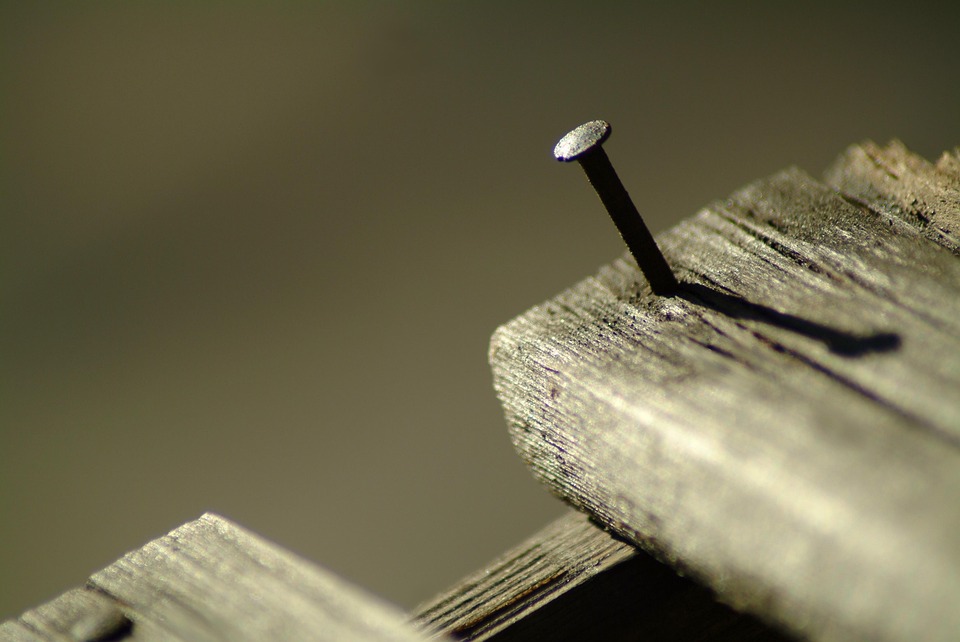
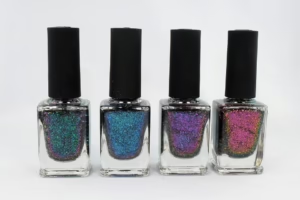
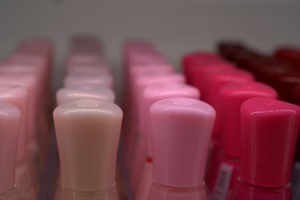

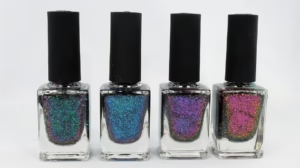
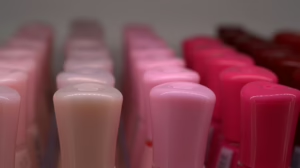





Add Comment